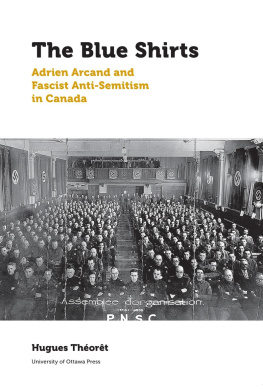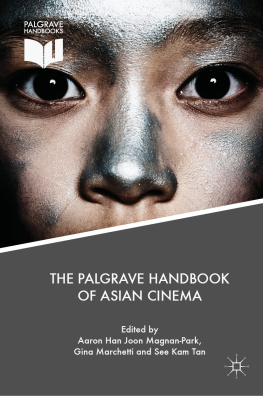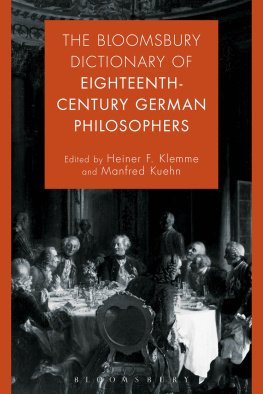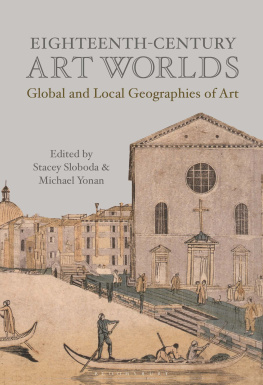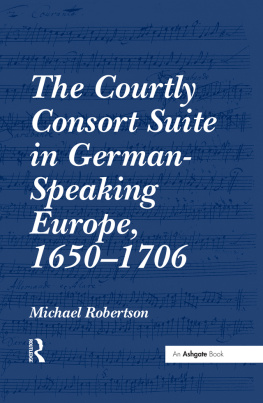Adrien Fauchier-Magnan - The Small German Courts in the Eighteenth Century
Here you can read online Adrien Fauchier-Magnan - The Small German Courts in the Eighteenth Century full text of the book (entire story) in english for free. Download pdf and epub, get meaning, cover and reviews about this ebook. year: 2019, publisher: Taylor and Francis, genre: Detective and thriller. Description of the work, (preface) as well as reviews are available. Best literature library LitArk.com created for fans of good reading and offers a wide selection of genres:
Romance novel
Science fiction
Adventure
Detective
Science
History
Home and family
Prose
Art
Politics
Computer
Non-fiction
Religion
Business
Children
Humor
Choose a favorite category and find really read worthwhile books. Enjoy immersion in the world of imagination, feel the emotions of the characters or learn something new for yourself, make an fascinating discovery.
- Book:The Small German Courts in the Eighteenth Century
- Author:
- Publisher:Taylor and Francis
- Genre:
- Year:2019
- Rating:5 / 5
- Favourites:Add to favourites
- Your mark:
- 100
- 1
- 2
- 3
- 4
- 5
The Small German Courts in the Eighteenth Century: summary, description and annotation
We offer to read an annotation, description, summary or preface (depends on what the author of the book "The Small German Courts in the Eighteenth Century" wrote himself). If you haven't found the necessary information about the book — write in the comments, we will try to find it.
The Small German Courts in the Eighteenth Century — read online for free the complete book (whole text) full work
Below is the text of the book, divided by pages. System saving the place of the last page read, allows you to conveniently read the book "The Small German Courts in the Eighteenth Century" online for free, without having to search again every time where you left off. Put a bookmark, and you can go to the page where you finished reading at any time.
Font size:
Interval:
Bookmark:
GERMAN HISTORY
TRANSLATED BY MERVYN SAVILL

by Routledge
52 Vanderbilt Avenue, New York, NY 10017
2 Park Square, Milton Park, Abingdon, Oxon OX14 4RN
A catalogue record for this book is available from the British Library
ISBN: 978-0-429-27806-8 (Set) (ebk)
ISBN: 978-0-367-23577-2 (Volume 12) (hbk)
ISBN: 978-0-429-28058-0 (Volume 12) (ebk)
The publisher has gone to great lengths to ensure the quality of this reprint but points out that some imperfections in the original copies may be apparent.
The publisher has made every effort to trace copyright holders and would welcome correspondence from those they have been unable to trace.
SMALL GERMAN COURTS

FAUCHIER-MAGNAN
MERVYN SAVILL

LES PETITES COURS DALLEMAGNE AU XVIIIme SICLE
by Flammarion, diteur, Paris
First English edition 1958
This translation Methuen & Co. Ltd., 1958
by Western Printing Services Ltd Bristol
Catalogue No. 6083/U
Font size:
Interval:
Bookmark:
Similar books «The Small German Courts in the Eighteenth Century»
Look at similar books to The Small German Courts in the Eighteenth Century. We have selected literature similar in name and meaning in the hope of providing readers with more options to find new, interesting, not yet read works.
Discussion, reviews of the book The Small German Courts in the Eighteenth Century and just readers' own opinions. Leave your comments, write what you think about the work, its meaning or the main characters. Specify what exactly you liked and what you didn't like, and why you think so.




